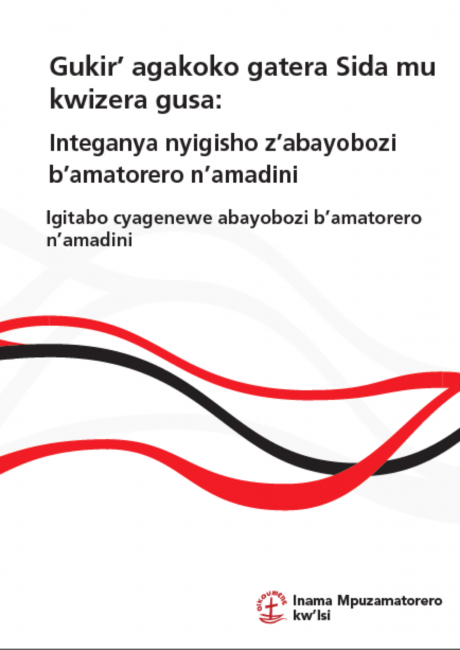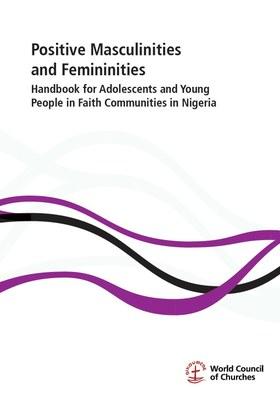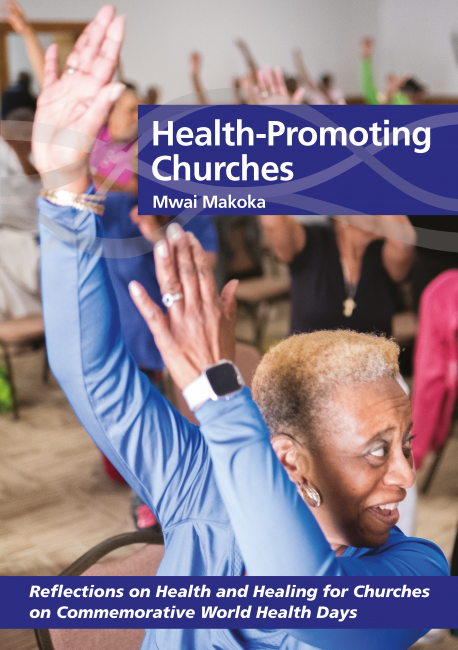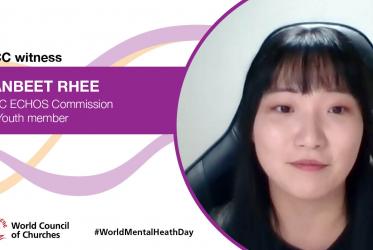Displaying 41 - 51 of 51
Treatment Adherence and Faith Healing in the Context of HIV and AIDS in Africa
Training Manual for Religious Leaders
25 October 2020
Positive Masculinities and Femininities
Handbook for Adolescents and Young People in Faith Communities in Nigeria
19 October 2020
Healing Together
A Facilitator’s Resource for Ecumenical Faith and Community-Based Counselling
15 October 2020
Health-Promoting Churches Vol 1
Reflections on Health and Healing for Churches on Commemorative World Health Days
15 October 2020
On World Mental Health Day, “expect your colorful life”
12 October 2020








